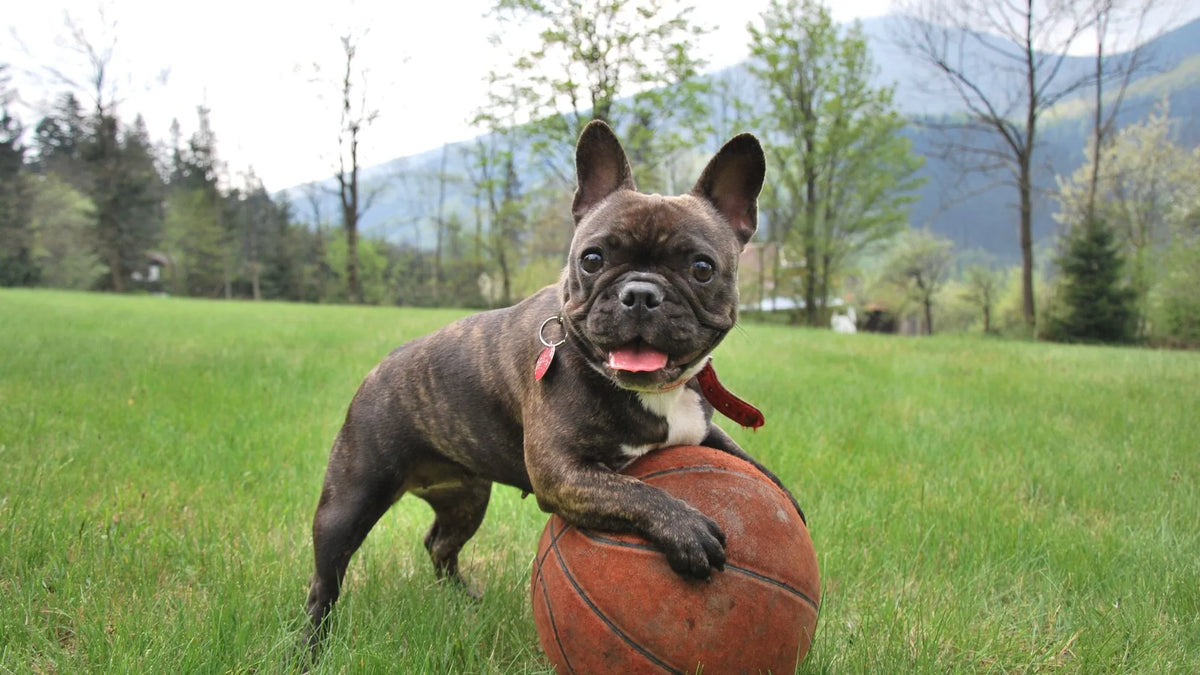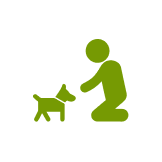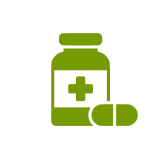In 24 cities

The Essential Guide to Keeping Your Dog Healthy and Happy: Tips Every Pet Parent Needs
|
|
Time to read 6 min
Get product availability and delivery timelines based on your location.
No saved addresses found
Add an address to see it hereAre you sure you want to delete this address?
Select Delivery Location
Search location
Confirm location
Confirm Location
Add new address
Enter complete address
100% Authentic

Easy return policy

Help us ensure a smooth delivery
Help us ensure a smooth delivery
SIZE GUIDE
Written by: sangria
|
|
Time to read 6 min
As a devoted dog parent, you want nothing but the best for your furry friend. Keeping them healthy and happy involves more than just feeding them; it requires understanding their needs, habits, and lifestyle. In this guide, we'll explore various healthy things for dogs, providing practical advice that resonates with your love for your pet. Whether you’re a new dog owner or a seasoned pro, these tips will help you create a nurturing environment for your beloved companion.
Nutrition is the cornerstone of your dog's health. A balanced diet provides the essential nutrients your dog needs to maintain energy, grow, and ward off diseases. Here are some key points to consider:
Just like us, dogs need regular physical activity to stay healthy. Exercise not only helps maintain a healthy weight but also promotes mental stimulation and bonding. Here are some fun ways to keep your pup active:
Regular check-ups with your veterinarian are essential for preventative care. Vaccinations, dental check-ups, and health screenings can help catch potential health issues early. Schedule yearly exams for adult dogs and more frequent visits for puppies and senior dogs.
Being observant of your dog's habits and behaviors is crucial in maintaining their health. Here are some common signs to look out for:
A healthy coat is a reflection of your dog's overall health. Regular grooming helps remove dirt, loose hair, and dead skin, promoting a healthy shine. Consider these tips:
Dental care is crucial for your dog's overall health. Poor dental hygiene can lead to gum disease and other serious health issues. Here’s how to keep those pearly whites in check:
Just like physical exercise, mental stimulation is crucial for your dog’s well-being. Here’s how to keep their minds engaged:
Always ensure your dog has access to clean, fresh water. Proper hydration is vital for your dog’s overall health. Here’s how to encourage your dog to drink enough water:
Ensuring your dog’s safety at home and outdoors is essential for their well-being. Here are some tips:
Keeping your dog healthy is a rewarding journey that involves a balanced approach to nutrition, grooming, mental stimulation, and creating a safe environment. By paying attention to your dog’s needs and being observant of any changes in their behavior or health, you’re setting them up for a happy and fulfilling life.
As you navigate this path, remember that you’re not alone. The joy of being a pet parent comes with its own challenges, and having a community and resources can make all the difference. Whether you're looking for advice or just want to connect with other dog lovers, there are plenty of places to turn. At Supertails, we share the same passion for helping you create wonderful moments with your furry friend. Here’s to many happy adventures and tail-wagging experiences together!
1. How often should I take my dog to the vet?
Routine check-ups should be conducted at least once a year. Puppies and senior dogs may require more frequent visits.
2. What are some healthy treats I can give my dog?
Healthy treats include fruits like apples and blueberries, vegetables like carrots and green beans, and homemade treats made with wholesome ingredients.
3. How can I tell if my dog is overweight?
You should be able to feel your dog's ribs without too much pressure. If you can't, or if they have difficulty exercising, consult your vet for guidance.
4. How much exercise does my dog need?
Most dogs require at least 30 minutes of exercise daily, but this can vary based on breed, age, and health. Consult your vet for personalized recommendations.
5. What signs indicate my dog may be sick?
Watch for changes in appetite, energy level, bathroom habits, or behavior. If you notice anything unusual, consult your veterinarian promptly.

In 24 cities

Happy pet parents

For every new member

Exclusive
2 item in cart
₹10,360




